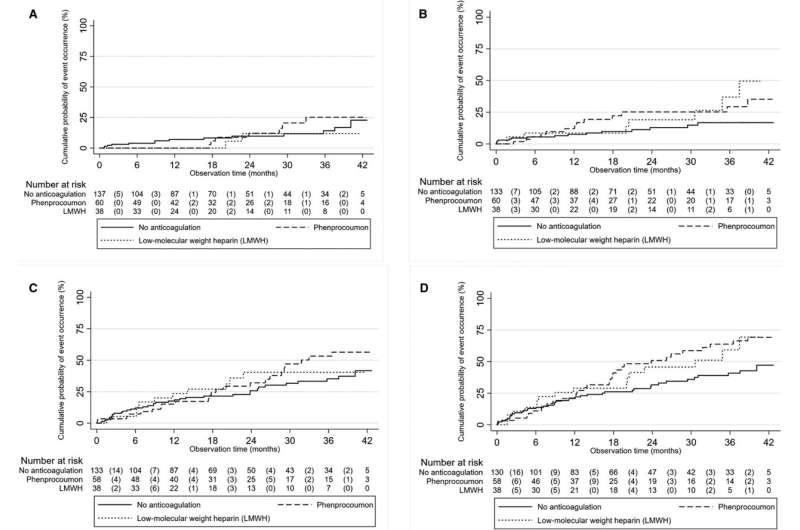
The anticoagulants currently used to prevent strokes in dialysis patients with atrial fibrillation do not provide adequate protection for this group. This is the finding of a study led by Oliver Königsbrügge and Cihan Ay from the Department of Medicine I at MedUni Vienna and Vienna General Hospital, which was conducted in collaboration with seven dialysis centers in Vienna.
People with atrial fibrillation, an irregular heartbeat often associated with an excessively rapid or slow heart rate, have a greatly increased risk of stroke. The VIVALDI study (Vienna investigation of atrial fibrillation and thromboembolism in patients with atrial fibrillation on hemodialysis), led by Oliver Königsbrügge and Cihan Ay from the Department of Medicine I at MedUni Vienna and Vienna General Hospital, highlights the need for action to prevent strokes in dialysis patients.
“The proportion of patients with atrial fibrillation is particularly high among hemodialysis patients, being in excess of 25%. Strokes and other cardiovascular events contribute significantly to mortality,” explains Cihan Ay from the Department of Medicine I at MedUni Vienna and Vienna General Hospital. “Analysis of cardiovascular events that occurred during the observation period showed that, contrary to expectations, those patients who received anticoagulation treatment with the vitamin K antagonist phenprocoumon showed no benefit in terms of a reducing strokes but did have a higher rate of major bleeding.”
The VIVALDI study was conducted in collaboration with seven dialysis centers in Vienna. A cohort of 625 hemodialysis patients was observed over a maximum period of 45 months. The incidence of thromboembolic events (strokes and systemic embolisms) was 4.8% per year in patients with atrial fibrillation. 8.4% of patients a year suffered major bleeding. “The high overall rate of thromboembolic complications confirms the need for action to provide hemodialysis patients with anticoagulation therapy that is equally effective in preventing strokes and other thromboembolic complications and safe to administer in terms of bleeding risk,” says Ay.
Source: Read Full Article
